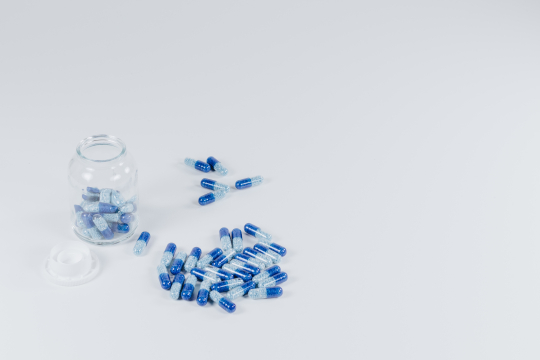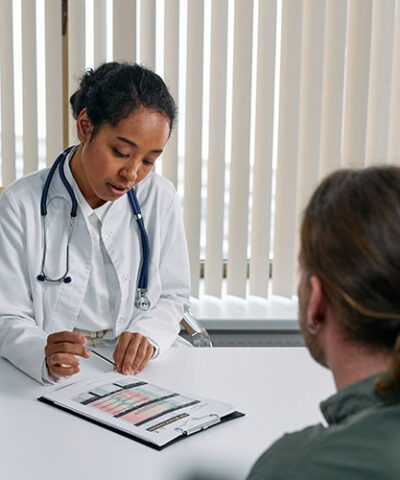
Can You Overdose From Opioids And How To Handle It?
Prescription opioids are intended to help manage pain, but there is a fine line between effective treatment and an overdose from opioids. Let’s talk about how to identify an overdose as well as your treatment options.
Table of Contents:
Symptoms of opioid overdose
Opioid overdose happens when you take more of a prescription or illicit opioid than your body can process at one time. Although both prescription and illicit opioids can lead to an overdose, illicit opioids are particularly culpable in doing so, as the contents and strength of the drug are unknown.
Symptoms of opioid overdose include…
- Unconsciousness/unresponsiveness
- Vomiting
- Gurgling noises
- Pinpoint pupils
- Slow or stopped breathing
- Slow or stopped heartbeat
- Pale skin that may feel clammy to the touch
- A blue or purplish color to fingernails and/or lips
Opioid overdose is a medical emergency, so if you think someone has overdosed on prescription of illicit opioids, call 911 immediately.
What is respiratory depression?
Respiratory depression (also known as hypoventilation) happens when your breathing slows to the point where your body can no longer effectively remove carbon dioxide from your blood.
Respiratory depression is common in opioid overdose since this type of drug affects the part of your brain that regulates your breathing. This means that an overdose can slow your breathing and potentially result in damage to your brain. If your breathing stops, it can result in death.
Preventing opioid overdose
Preventing opioid overdose is the best way to avoid potential damage to your brain, coma, or death. Fortunately, there are many ways to prevent an overdose from happening.
- Take prescription opioids as prescribed
- Don’t take them longer than your doctor recommends
- Don’t take them more often than prescribed
- Don’t take them recreationally (to get high)
- If your pain gets worse, contact your doctor instead of using more opioids
- Avoid mixing prescription opioids with alcohol, sleeping pills, and other drugs
- Dispose of any leftover prescription opioids
- Inform your family about the signs of opioid overdose
- Talk to your doctor about alternative pain management options
- Avoid using illicit opioids, which vary in strength and composition and can be dangerous

Treatments for opioid overdose
Although home kits for opioid overdose have recently become available, they are not a replacement for professional medical attention. An overdose is a medical emergency, so if you think someone has overdosed on opioids, call 911 right away.
Opioid overdose statistics
Opioids are currently the leading cause of drug-related deaths (illicit and prescription). 450,000 people have died from opioid overdoses between 1998 and 2018. Nearly 70% of the 70,000 drug overdose deaths in the US in 2018 involved prescription and illicit opioids. The rate of opioid overdose varies by state, which you can read more about here.
Prevent An Overdose From Opioids With At-Home Rehabilitation
If you think you or someone you know is addicted to opioids, the best way to prevent an overdose is to seek treatment as soon as possible. Given the limitations of traditional treatment options during the Covid-19 pandemic, at-home rehab can help you get effective treatment without potentially exposing yourself to the virus at inpatient or outpatient centers.
We bring your appointments to your home, minimizing your exposure to Covid-19 while providing quality detox and aftercare services that help you stay sober. Learn more about our services, how we’ve responded to the Covid-19 pandemic, or book an appointment with us today.



 Harsh Brar is a Board Certified Family Nurse Practitioner specializing in addiction medicine and pain management. He holds a Master of Science in Nursing from Samuel Merritt University and ensures all Elite Home Detox clinical content aligns with current medical safety standards.
Harsh Brar is a Board Certified Family Nurse Practitioner specializing in addiction medicine and pain management. He holds a Master of Science in Nursing from Samuel Merritt University and ensures all Elite Home Detox clinical content aligns with current medical safety standards.